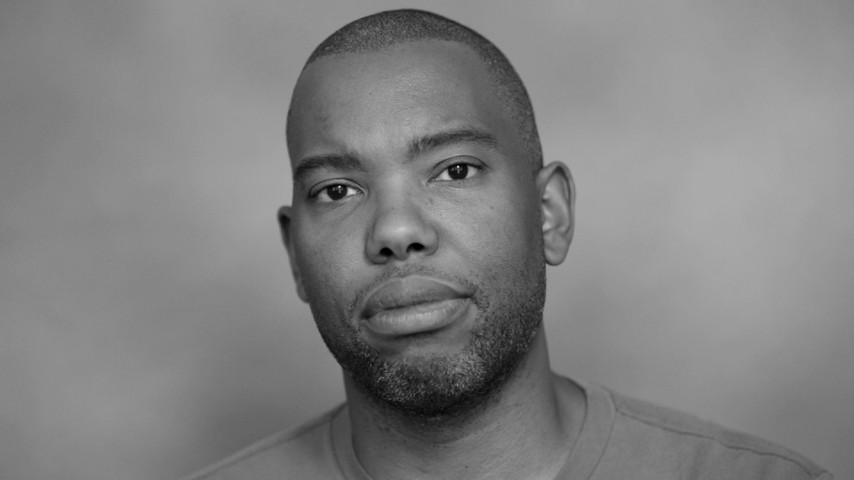At the LA Review of Books, Jedediah S. Purdy pens a moving essay on Ta-Nehisi Coates and Elena Ferrante, writers who, on the surface, seem to have nothing in common except their widespread popularity at the moment. Yet Purdy finds their books to be “representative work for a time when representation — politically, aesthetically — is at its most fraught, in speaking for others and also in putting forward one’s self.” Here’s a snippet of the piece, entitled “Maybe Connect”:
Coates’s Between the World and Me appeals to readers’ desperation to see more clearly, feel more definitely, in a time of terrible racial violence. It resonates, too, with our doubts that justice is near, or possible, or even something much of the country wants. Ferrante’s novels — particularly her Neapolitan series, the final volume of which was just published — touch a nearer and quieter desperation. As Joanna Biggs wrote in a brilliant review essay, everyone she knows seems to have tumbled from Ferrante’s pages to some intense recollection of their own formative friendships and losses, their own most private and defining confusion and pain.
Yet in these books, both authors, seemingly knowing what readers have come asking of them, refuse to give it. They refuse on grounds that are formal, political, and, in a fashion, ethical. What joins these very different works is their refusal to be our books, to offer an easy connection, a place to rest that feels like clarity.
This is what makes the books documents of the moment. Their resistance to making connection and meaning co-exists with hunger for these. These authors argue, in their language as well as their stories and assertions, that you do not really know others, or yourself. They argue that all experience is violated and corrupted even before it happens. They claim that this condition is intolerable but also inescapable. The work of trying to escape it nonetheless and the desperate, inevitable frustration of that work are the books’ theme and also, simply, what these books are.
And so, in the ways that they belong to no one, they belong to everyone. They are representative work for a time when representation — politically, aesthetically — is at its most fraught, in speaking for others and also in putting forward one’s self.
Image of Ta-Nehisi Coates via The Atlantic
